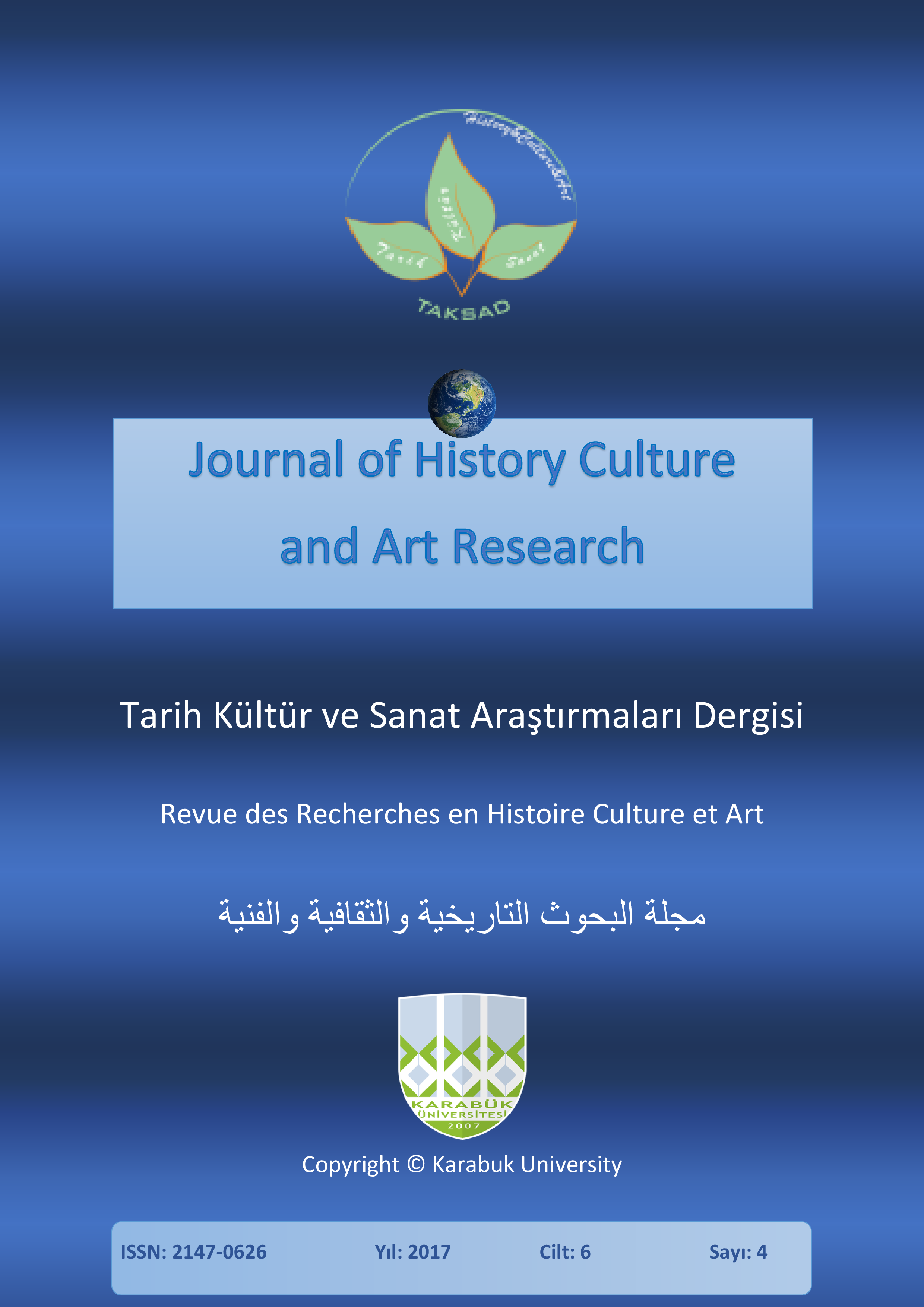Childfree as a Social Phenomenon: Russians' Attitude to Voluntary Childlessness
DOI:
https://doi.org/10.7596/taksad.v6i4.1144Keywords:
Childfree, Voluntarily refusal of parenthood, Social attitudes, Social values, Family.Abstract
This paper investigates the childfree phenomenon in the context of Russian society. The late modernism dramatically affects the structure of society and traditional social values. This applies to the social institution of the family and the social norm of parenthood. These social changes can be considered, on the one hand, from the position of hyperliberalization and autonomy of the individual, and, on the other, as a manifestation of the institutional crisis of the family. The latter point of view is more typical of the Russian sociological tradition. The paper deals with the study of the main reasons for the appearance and spread of the phenomenon and the classification of childfree. Based on the results of a questionnaire survey conducted by the authors, the paper provides data on the relative potential possibility for the distribution of childfree ideas in Russia. The survey results show that about half of Russians have heard about childfree. 40% of Russians give negative evaluation to childfree, about half of Russians are neutral to people who have voluntarily refused to parenthood. The data correlate with the studies of public opinion poll centers, according to which about half of the respondents express their loyal and neutral attitude. More than half of surveyors see a potential threat in the childfree movement for Russian society, noting at the same time (45%) that the phenomenon is not widespread in Russia. The authors see the prospects for research in the study of the relationship of age groups and the degree of loyalty to childfree.
References
Antonov, A. I. (2014). Institutional crisis of the family and family-demographic structures in the context of social changes and social inequality. Family and demographic research. URL: https://riss.ru/demography/demography-science-journal/5273/ (02.05.2017).
Antonova, Iu. A. (2013). Communicative strategies in the childfree-representing texts: on the verge of extremism. Political linguistics, 2(44), 170-177.
Basten, S. (2009). Voluntary childlessness and being Childfree. The Future of Human Reproduction: Working Paper, 5, 1-13. URL: https://www.spi.ox.ac.uk/fileadmin/documents/PDF/Childlessness_-_Number_5.pdf (10.05.2017).
Blackstone, A. (2012). Choosing to be Childfree: Research on the Decision Not to Parent. Sociology, School Faculty Scholarship, Paper 5. URL: http://digitalcommons.library.umaine.edu/soc_facpub/5 (10.05.2017)
Chancey, L. & Dumais, S. A. (2009). Voluntary childlessness in marriage and family textbooks, 1950 – 2000. Journal of Family History, 34(2), 206-223. URL: http://academic.csuohio.edu/kneuendorf/c63309/ArticlesFromClassMembers/Wendy.pdf (01.05.2015)
Childfree - free from children (2017). Levada Center. URL: http://www.levada.ru/2015/12/28/chajldfri-svobodnye-ot-detej/(10.05.2017)
Childlessness and unwillingness to have children (2017). Public Opinion Research Foundation. URL: http://bd.fom.ru/report/cat/%20socium/demo/d082125.
Druzhinin, V. N. (2006). Family Psychology. St.P.: Piter.
Filippova, D. (2017). The proposition to introduce a tax on childlessness. Izvestia, 2017, May 10. URL: http://izvestia.ru/news/699494 (14.05.2017)
Giddens, A. (2009). Sociology. Cambridge: Polity Press.
Giddens, А. (2003). Runaway World: How Globalization is Reshaping Our Lives. N.Y.: Routledge.
Gillespie, R. (2000). When No Means No: Disbelief, Disregard and Deviance as Discourses of Voluntary Childlessness. Women’s Studies International Forum, 23(2), 223-234.
Gillespie, R. (2003). Childfree and feminine: Understanding the gender identity of voluntarily childless women. Gender and Society, 17(1), 122-136.
Kamzina, O. A. & Samykina, N. Iu. (2014). Investigation of life scenarios among the representatives of the "childfree" community. Bulletin of SamSU, 1(112), 213-223.
Kislov, A. G. & Shapko, I. V. (2016). The attitude of student youth in the Sverdlovsk region to the phenomenon of childfree. Scientific Dialogue, 2(50), 362-373.
Kneale, D. & Joshi, H. (2008). Postponement and childlessness: Evidence from two British cohorts. Demographic Research, 19. URL: http://discovery.ucl.ac.uk/1504452/1/Joshi2008postponement1935.pdf (14.05.2017)
Natural change in population in the context of the subjects of the Russian Federation for January-March 2017 (2017). URL: http://www.gks.ru/free_doc/2017/demo/edn03-17.htm (09.05.2017)
Rudnitskaia, A. P. & Novikov, E. A. (2015). The main areas of formation, problems and tasks of the demographic policy in modern Russia. PolitBook, 1, 43-56.
Veevers, J. E. (1980). Childless by choice. Toronto: Butterworths.
Downloads
Published
How to Cite
Issue
Section
License
All papers licensed under Creative Commons 4.0 CC-BY.- Share — copy and redistribute the material in any medium or format
- Adapt — remix, transform, and build upon the material for any purpose, even commercially.
Under the following terms:
Attribution — You must give appropriate credit, provide a link to the license, and indicate if changes were made. You may do so in any reasonable manner, but not in any way that suggests the licensor endorses you or your use.
- No additional restrictions — You may not apply legal terms or technological measures that legally restrict others from doing anything the license permits.







